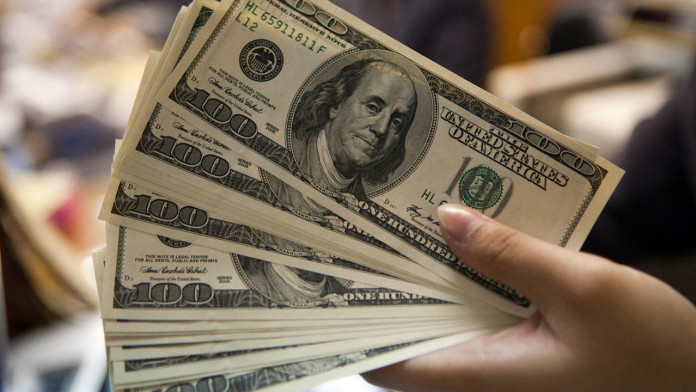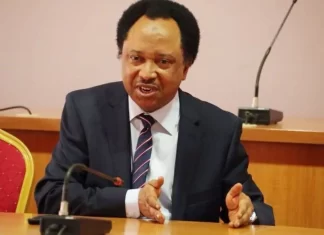By Jeph Ajobaju, Chief Copy Editor
Total debt amassed by both federal and state governments notched N33.11 trillion in the first quarter of 2021 (Q1 2021) and N1.02 trillion was spent to service domestic and foreign debts, a 35.7 per cent rise on N753.7 billion spent in Q1 2020.
Up to N12.47 trillion or 37.67 per cent of the debt is external and N20.64 trillion or 62.33 per cent domestic, according to the latest report of the National Bureau of Statistics (NBS), which compiled data from the Debt Management Office (DMO).
Federal government’s domestic debt is N16.51 trillion, that of states and the Federal Capital Territory (FCT) domestic is N4.12 trillion.
Lagos State accounts for N507.3 billion or 12.31 per cent of total domestic debt, Jigawa State with N31.7 billion or 0.77 per cent has the least.
Nigeria’s overall debt increased by N191 billion to N33.107 trillion in Q1 2021, a 0.58 per cent rise from N32.916 trillion in Q4 2020, according to the DMO.
Breakdown of debt servicing
Data compiled by the DMO shows that N612.71 billion was spent on domestic debt servicing and N410.1 billion on external debt in Q1 2021.
Servicing FGN bonds took N537.78 billion in Q1 2021, a 124.6 per cent rise compared to N239.46 billion in Q1 2020.
A total N31.44 billion was principal repayment while N35 billion serviced Nigerian Treasury Bills (NTBs).
Servicing external multilateral loans cost $134.04 million, which included $104.4 million paid to International Development Association, $16.21 million (African Development Bank), and $9.5 million (African Development Fund).
Nigeria serviced domestic bilateral loans with $106.3 million and spent $763 million on Euro bonds.
Debt expense in Q1 2021 has taken 30.7 per cent of the total N3.32 trillion budgeted for debt service for the entire year.
Debt service far above revenue
Nairametrics explains that dwindling revenue is still a major factor militating against economic development, because Abuja continues to borrow to fund fiscal budgets.
Nigeria spent 83 per cent of its N3.93 trillion revenue in 2020. Debt servicing took N3.26 trillion.
It recorded a 99 per cent debt service to revenue ratio in Q1 2020, having earned N950.56 billion revenue and incurred N943.12 billion in debt service.
This year, 46.9 per cent is projected for debt service and revenue projected at N6.6 trillion based on oil price benchmark of $40 per barrel, as stated in the 2021 budget.
Amount available for the year is estimated at N7.99 trillion. A budget deficit of N5.6 trillion is to be funded by borrowing.
Finance Minister Zainab Ahmed explained that the deficit will be financed by borrowing from domestic and foreign sources plus privatisation proceeds of N205.15 billion.
According to Nairametrics, increase in debt service amid decline in revenue means that Nigeria is spending most of its revenue on servicing debt, which opens the door for more future loans especially in funding capital projects.
Recent rally in the global oil market may not result in growth in revenue due to reduced production quota of 1.52 million barrels per day (bpd).
Crude oil export in March 2021 totalled 66.67 million barrels despite lifting about 7.62 billion barrels in the month, said the Nigerian National Petroleum Corporation (NNPC).
NBS foreign trade report shows that crude oil export reduced to N1.93 trillion in Q1 2021 from N2.52 trillion in Q4 2020.













